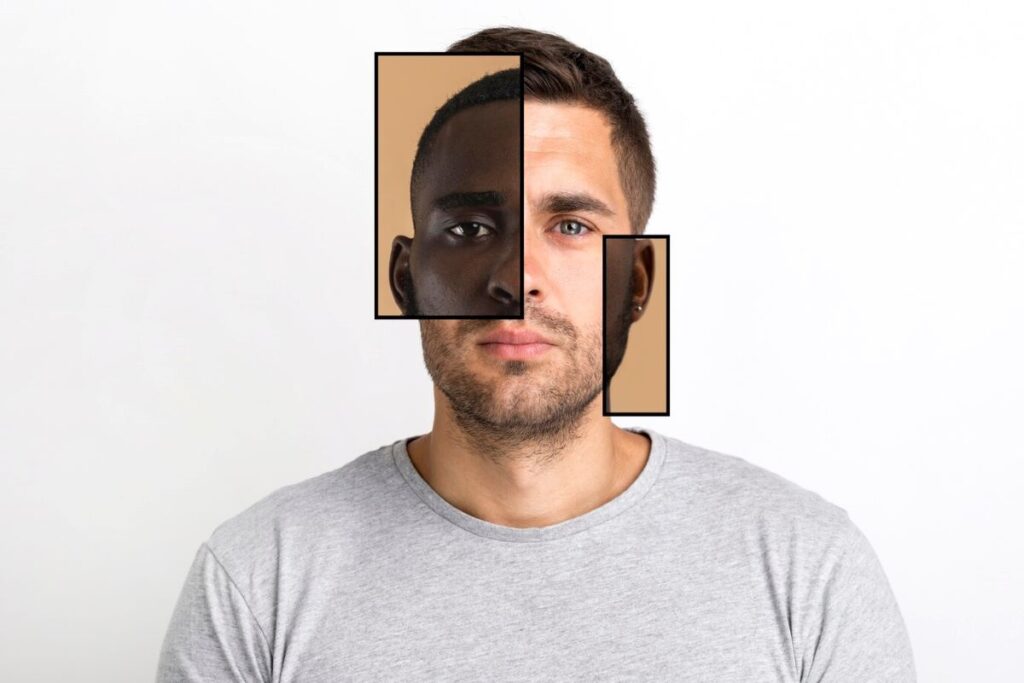Mental health has increasingly become recognized as being just as important as one’s physical health. Campaigns like Bell Let’s Talk and other initiatives aimed at eliminating the stigma around mental illness have opened the world’s eyes to the reality of depression, anxiety, and other illnesses that are seemingly invisible to everyone other than the person suffering. With greater awareness comes greater resources and solutions to the ongoing problems of mental illness: more businesses are coming forward with programs to support potentially suffering employees. One potential solution that is emblematic of our modern society is online counselling and therapy sessions.
With hectic work and life schedules, it is difficult to make time to regularly see a counsellor. The convenience of online therapy is a benefit to many people who are suffering but aren’t able to take time off. On paper, it appears that online counselling could be the perfect solution to making treatment more accessible, but some providers of these sorts of services have come under fire as potentially dangerous scams.
The app BetterHealth has faced criticism recently for not guaranteeing that the counsellors provided are licensed, and some users have come forward to share their negative experiences with the application. YouTuber Deschroma vlogged about the application in a video titled “My Terrible BetterHelp Experience”, wherein she discouraged her subscribers from using the app. Even further, another channel, Memeology 101, produced a multi-part series on the downsides of BetterHealth. Naysayers claim the business is unprofessional, unorganized, and disappointing.
Owners of the app fired back in a Reddit thread, promising to donate $500 to the charity of choice of any user who is disappointed in the quality of their services. From a business standpoint, it’s difficult to predict how employees are going to behave, and anomalies happen where customers are left feeling disappointed—this is unavoidable. From a user standpoint, however, scheduling and attending counselling and therapy sessions is a lot of work for someone already suffering from depression, anxiety, and other mental illnesses. When it’s difficult enough to complete day-to-day tasks, the energy put into seeking a counselor that is right for you (and the disappointment that comes when one of these partnerships just isn’t helping you) is debilitating.
It’s difficult to break down whether apps like BetterHealth are the way of the future in mental healthcare, or if they’re scams that prey on users for profit without providing adequate care. Being able to access counselling and therapy sessions from home means those who suffer from mental illness have better access to proper care. But if BetterHealth or other paid apps don’t adequately provide service continue to take advantage of mentally ill individuals, it could lead many into crisis.
In order to avoid being sucked into a paid online counselling service that isn’t worth the money, make sure to read app and website reviews and seek out the ones that are spoken of highly. If you do all of your research and still aren’t satisfied with an online service, don’t be afraid to go the old-fashioned route and find an in-person counsellor better suited for your individual needs. The bottom line is that you need to take care of yourself, and mental health is an important part of that self-care.
Elixuer Staff Writer










